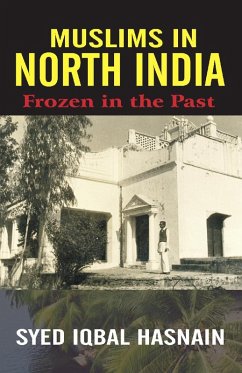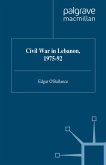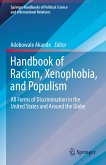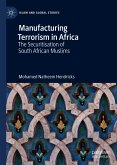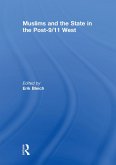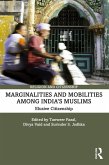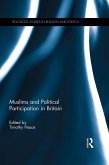What are the major factors that helped south Indian Muslims do well in education, social and economic empowerment since Independence? And, what are the lessons the community leadership and the state governments in the north as well as the central government, which recently initiated many programs targeting the north Indian Muslims, can learn from the south Indian Muslim model? This seminal work deals with contemporary problems of Muslim middle classes in the globalized 21st century India against the backdrop of their feudal past and seek answers to such pertinent questions that define the role of having English-based education for social and economic advancement. The book critically examines various policies announced from time to time by ruling parties towards Muslims, so-called betterment and exposes the hard realities behind them. It also examines in great detail intent of vested interests to create a trouble-free atmosphere for an easy intervention in the largest religious education network of Muslims, Madarsas, on the pretext of modernization. The study puts the onus on emerging middle classes in the qasbahs of various north Indian states like Uttar Pradesh, West Bengal and Bihar in shaping the political destiny of Muslims in secular, democratic and globalized India.
Dieser Download kann aus rechtlichen Gründen nur mit Rechnungsadresse in A, D ausgeliefert werden.

